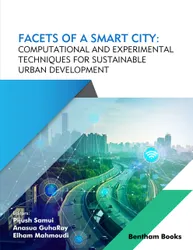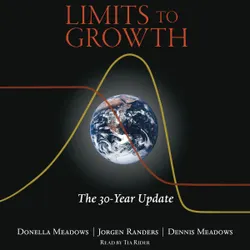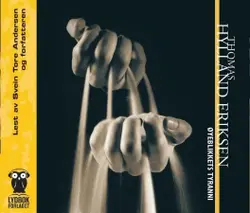This book provides an insight on the development of Lao People’s Democratic Republic (Lao PDR or Laos) under the Sustainable Development Goals (SDGs) since 2015 by analyzing how the SDGs have shaped Lao domestic institutions and developed policies. It also investigates the relationship and partnership of the Lao government and the international community as a partner. Post-socialist approach is applied to reveal the politics of development and legitimation. Moreover, this book contributes an in-depth discussion on Lao development that serves as a point of reference for scholars who are interested in Laos and Southeast Asian studies.
ABOUT THE SERIES
Developments in the field of area studies — goaded by the analytical deconstruction of world regions from their geopolitical sense — have deeply affected the knowledge production from societies and cultures located in the politicized compartmentalization of the globe. With this series, the editors and authors wish to contribute to a reformulation of sensibilities in area studies which emphasizes the epistemic value of contextualized knowledge production. Starting with the notion of Southeast Asia, books published in this series will contribute to a more nuanced understanding of regionality based on a multidisciplinary approach. The series represents an outlet for young scholars intending to publish their degree theses; and for established scholars who are looking for a place to republish out-of-print books. We also encourage scholarly collectives from the regions to publish collaborative works or edited volumes on topics that usually will not attract the attention of big presses due to their transdisciplinary orientation.
EDITORIAL BOARD
Prof. Caroline S. Hau
Prof. Vincent Houben
Prof. Boike Rehbein
Prof. Barend Terwiel
Dr. Xue Li
Dr. Benjamin Baumann
Dr. Daniel Bultmann












